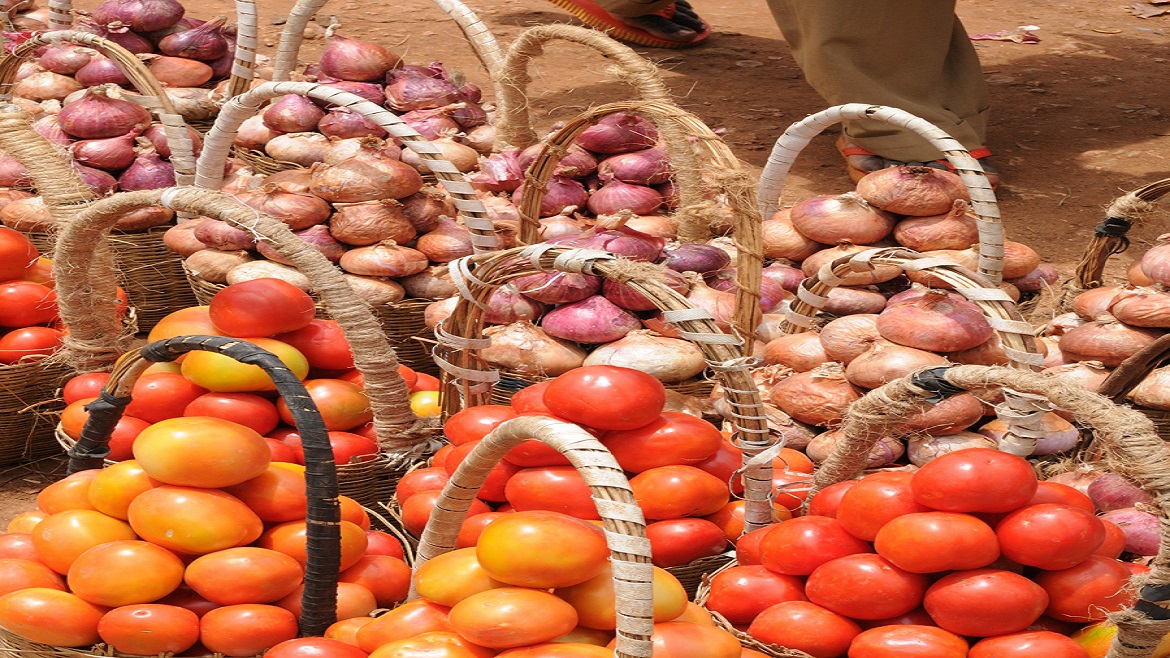Paradoxically, the success of development efforts in many countries exacerbate the problem, as people with greater income increase their consumption of meat, dairy and horticultural products – all of which require more water and inputs to produce than staples like wheat, rice or maize. How do we tackle these problems?
The answer may seem obvious – increase yields and grow more. That will be an essential part of the long-term solution but today I want to present another complementary option, which can give us some significant quick wins –reduce waste, by encouraging collaboration and knowledge transfer between smallholder farmers and global food and drink companies, focusing on the principles of supply chain management.
Tackling waste is an increasingly important subject across the food chain. At the consumer end, we’re encouraged to consume more sparingly, recycle and waste less. In distribution and retail, food and drink companies are starting to tackle grocery product and packaging waste. Our expectations about consuming (or not consuming) “ugly food”, i.e. misshapen but perfectly edible fruit and vegetables, are also being challenged. However, at the beginning of the food supply chain, in production, progress is still slow.
This is remarkable, since smallholder farmers produce 70% or more of the world’s food. They are the backbone of production and food supply at the local level. However, a large amount of smallholder produce is wasted both before and after harvest. Exact figures are unclear, but in post-harvest production alone, more than 40% of the food that is currently grown is lost to plant pests and diseases. More is wasted to quarantine rejections, and poor storage and transportation. Furthermore, smallholders find it difficult to access higher value markets at national, regional and global levels, meaning that what they do sell in local markets earns them less.
In order to tackle waste and become an effective part of the value chain, smallholders need to overcome specific challenges: how to produce to food safety regulations or retail specifications; how to handle and store produce after harvest to prevent damage; how to deliver on time according to the amount of demand; how to add value cost-efficiently. Perhaps the greatest challenge is how to access the right supply chain, understand information about the requirements of that supply chain and then be empowered with the knowledge to tackle the problems themselves.
In times of increasing food demand, smallholder farmers are a significant resource for companies operating in the food and drink industry. By linking the producer and corporate agendas we create a win-win situation, as it is in everyone’s best interests – the producer, the retailer and the consumer – to reduce waste and make food production as effective and efficient as possible.
This year’s World Food Day theme is sustainable food systems – sustainable ways of producing and consuming food. Smallholder-corporate collaboration and supply chain knowledge-sharing presents an opportunity not just for addressing waste and sustainability, but beyond that, for improving the lives of producers, future-proofing corporate value chains and ultimately meeting the commercial and consumer food demand of the future. Grasping this opportunity will enable smallholder farmers to move from subsistence to commercial farming, while corporates gain greater security of volume and price for critical raw materials.




